Ahh, the pleasures of landlord bookkeeping. Whether you’re a natural admin wizard or a regular last-minute filer, the job of completing your tax return is rarely an annual highlight.
Landlords have plenty of hoops to jump through in their self-assessment filing, so it's always worth looking at how you can streamline your accounting for savings and efficiencies.
With that in mind, let’s dive into the wonderful world of landlord bookkeeping and take a look at:
- The joy of organised tax.
- Separating your accounts.
- Embracing landlord software.
- Making tax rules work for you.
- Leveraging expert help.
Much of this gets handled for you when using a managing agent, but if you're doing it all yourself and want to leave those year-end panics behind, our guide is packed with tips to be HMRC-ready with ease.

THE JOY OF ORGANISED TAX
Although being organised with your landlord bookkeeping will never be on a par with jetting off on holiday or a night out with friends, it does have tangible advantages, not least for your sanity.
- Organisation is much less work than chaos – it's simply a matter of changing your habits. Imagine not having to trawl emails and pockets each year!
- By keeping your receipts together in one place and adding them to your accounts as you go along, your tax return will be almost complete when you start preparing it.
- You'll know exactly where you stand throughout the tax year, and by putting away cash each month, you'll avoid nasty surprises when it's time to pay.
Mostly, the joy of organised accounts is saying goodbye to the distracting mind-spaghetti of last-minute filing every time January 31st rolls around. Priceless peace of mind!

SEPARATING YOUR ACCOUNTS
If you own more than one rental property, your landlord bookkeeping can become quite messy if all the different payments and expenses get jumbled together, including:
- Rent received, letting and management fees, service contracts, regular maintenance costs and unexpected repairs or emergencies.
- Legal compliance measures such as gas and electrical safety certificates, energy performance certificates, and deposit protection fees.
- Policies for rent protection, contents, building cover, and public liability. Our Landlord Insurance blog has tips for reducing your premiums.
Given the complexity, you might consider a separate account per property. Or, if you really want just one, find a bank with a sophisticated app that lets you colour or label payments for easy reference.
It can be easy to underestimate just how many payments go into and out of your account every year, and you’ll thank yourself for having a banking structure in place that simplifies and provides clarity.
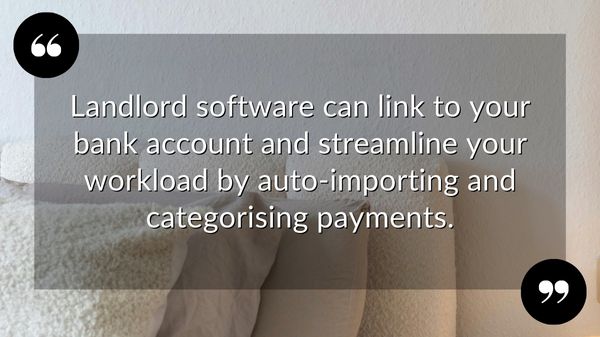
EMBRACING LANDLORD SOFTWARE
As technology continues to evolve, spreadsheets are being surpassed by software designed specifically for rental property to make your landlord bookkeeping less of a chore.
- Products including Hammock, DoorLoop, Landlord Studio and Re-Leased streamline every aspect of landlord administration, with packages suitable for single properties to large portfolios.
- Features like centralised document management, updates on regulatory changes, and reminders for critical deadlines and renewal dates help you build an irrefutable audit trail.
- Most also link to your bank account and automatically import and categorise income and expenses to reduce manual data entry tasks.
We can say for certain that without sophisticated software, we’d waste countless extra hours on accounting alone, so the benefits are real. Once you’ve made the switch, you’ll never look back.
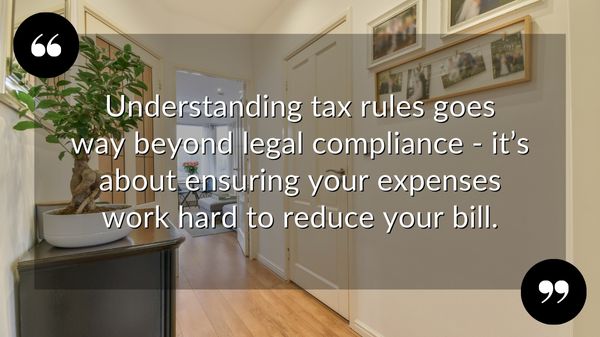
MAKING TAX RULES WORK FOR YOU
It's no secret that many tax advantages landlords used to enjoy have gradually reduced, but that doesn't mean you can't use the current system to maintain or even increase your profits.
- Check the government’s website for every available expense you can claim, and monitor it regularly for changes to ensure you don’t pay any more tax than necessary.
- When growing your portfolio, buy any new properties as a limited company to get full mortgage interest tax relief and pay corporation tax on profits (which is less than income tax).
- For company-owned properties, profits are also tax-free if you reinvest them into more rental homes. Company structures that include family members can also simplify estate planning.
Understanding tax rules goes way beyond legal compliance. It's about maximising your allowable deductions so every penny you spend works hard to keep your tax bill as low as legally possible.

LEVERAGING EXPERT HELP
No one is an island, and while it’s entirely possible to be a solitary self-managing landlord and do it all alone, there’s a lot of excellent help out there to make everything more efficient.
- Good managing agents have lists of tried-and-tested, reasonably priced contractors for every job, as well as handling legal compliance and successful rent reviews for long-lasting lettings.
- Accountants and tax advisors can help you get the most from landlord bookkeeping, use every allowance, grow your portfolio in the most tax-efficient way, and start inheritance planning.
- Whole-of-market independent mortgage brokers will know the best lenders for you when borrowing or remortgaging, and often have cheaper rates that aren’t available by going direct.
There’s almost always a way to higher tax efficiency and a better business, so speak with an expert to get everything you're entitled to and reclaim your most precious resource: time.
Is it time to lighten your workload?
Our business is built on making life easier, more fulfilling and more profitable for landlords in the Wilton and Salisbury area, and we’d love to do the same for you.
Can we show you how our professional management strategy could improve every aspect of owning a rental home? Call us on 01722 580059 or message us at info@piccoloproperty.co.uk, and let’s have a no-strings chat.


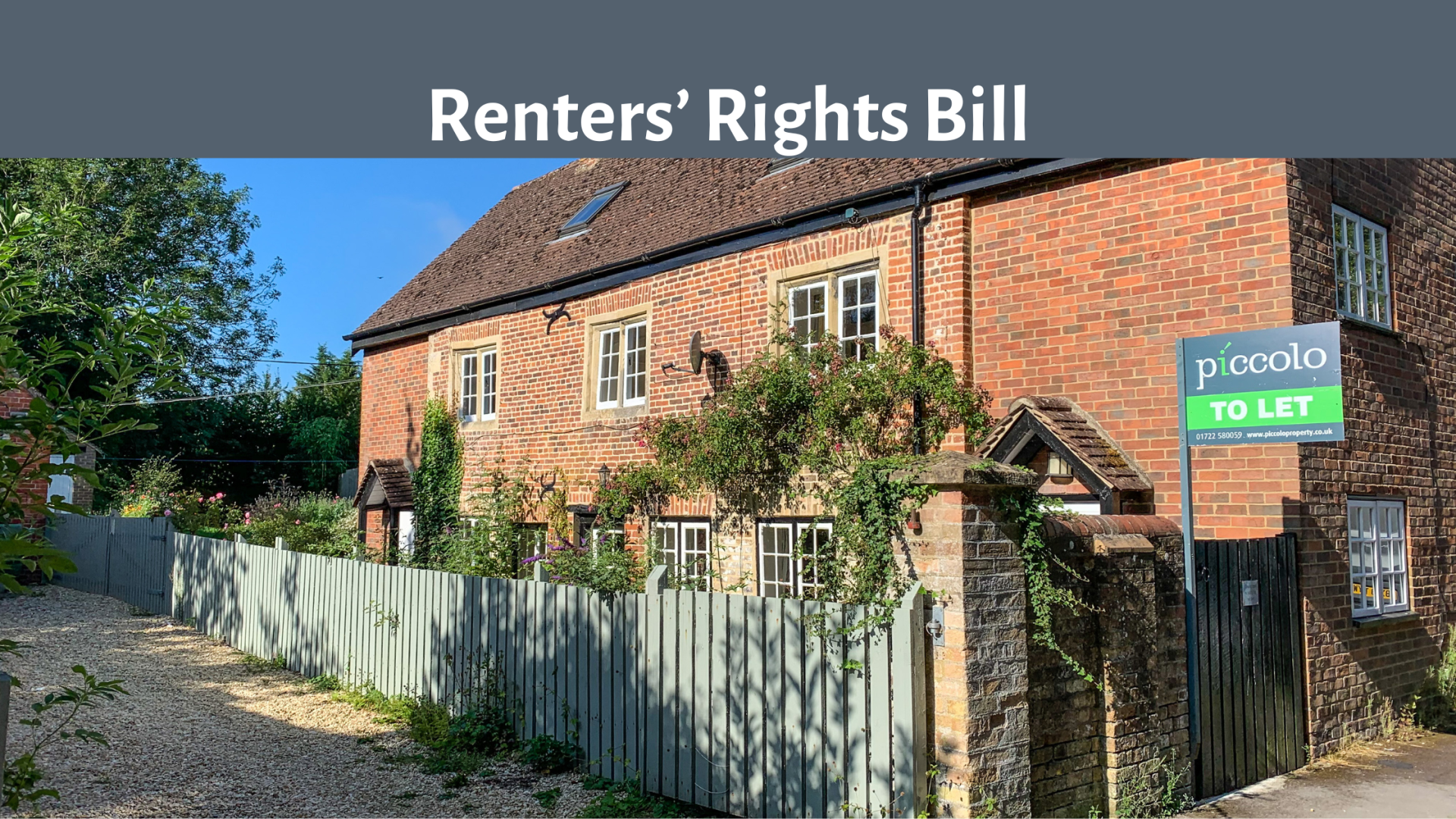
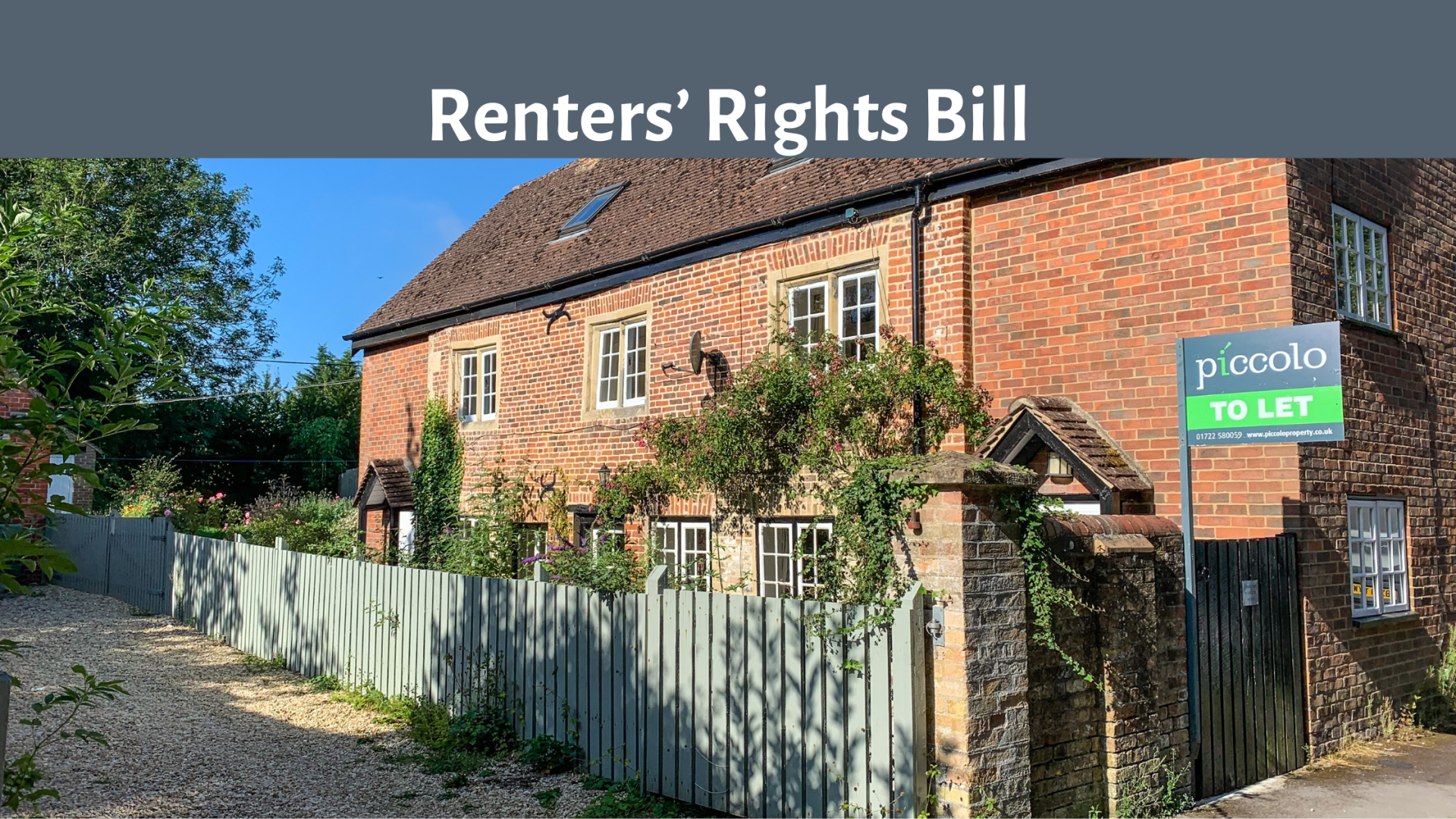
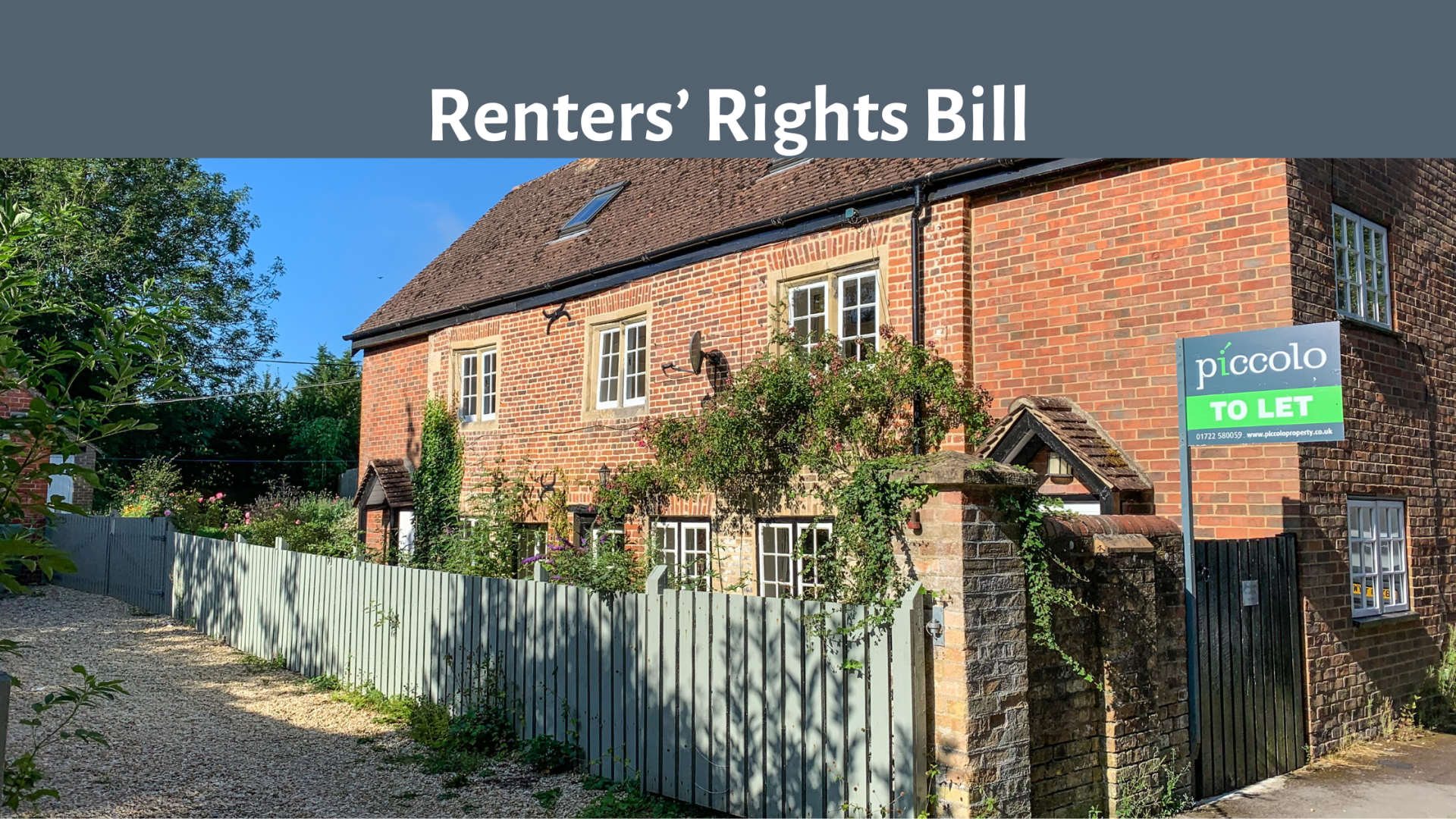
Share this with
Email
Facebook
Messenger
Twitter
Pinterest
LinkedIn
Copy this link